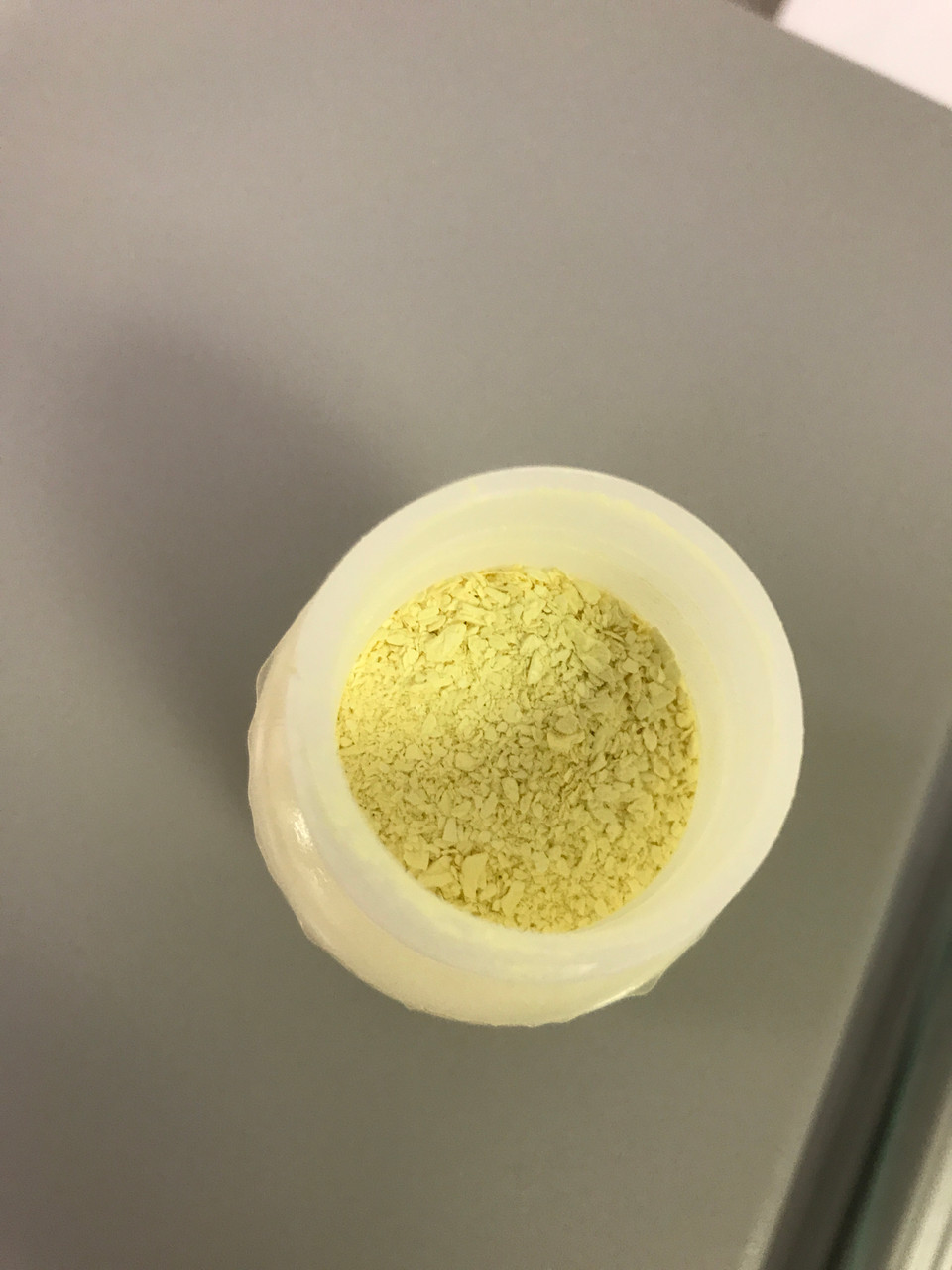Product Description
Overstock from previous research project.
High temperature polyimide [already fully imidized, no further curing/imidization required] soluble in many organic solvents. Tg 326 C, 20 g package
5218 Resin, A Soluble Polymide
Typical Solvents:
Methylene chloride, Ethylene chloride, Chloroform, Tetrachloroethane, Tetrahydrofurane (THF), Dioxane, Acetophenone, Cyclohexanone, m-Cresol, g-Butyrolactone, Dimethylformamide (DMF), Dimethylacetamide (DMAC), N-methylpyrrolidone (NMP)
ONLY FOR USA CUSTOMERS








